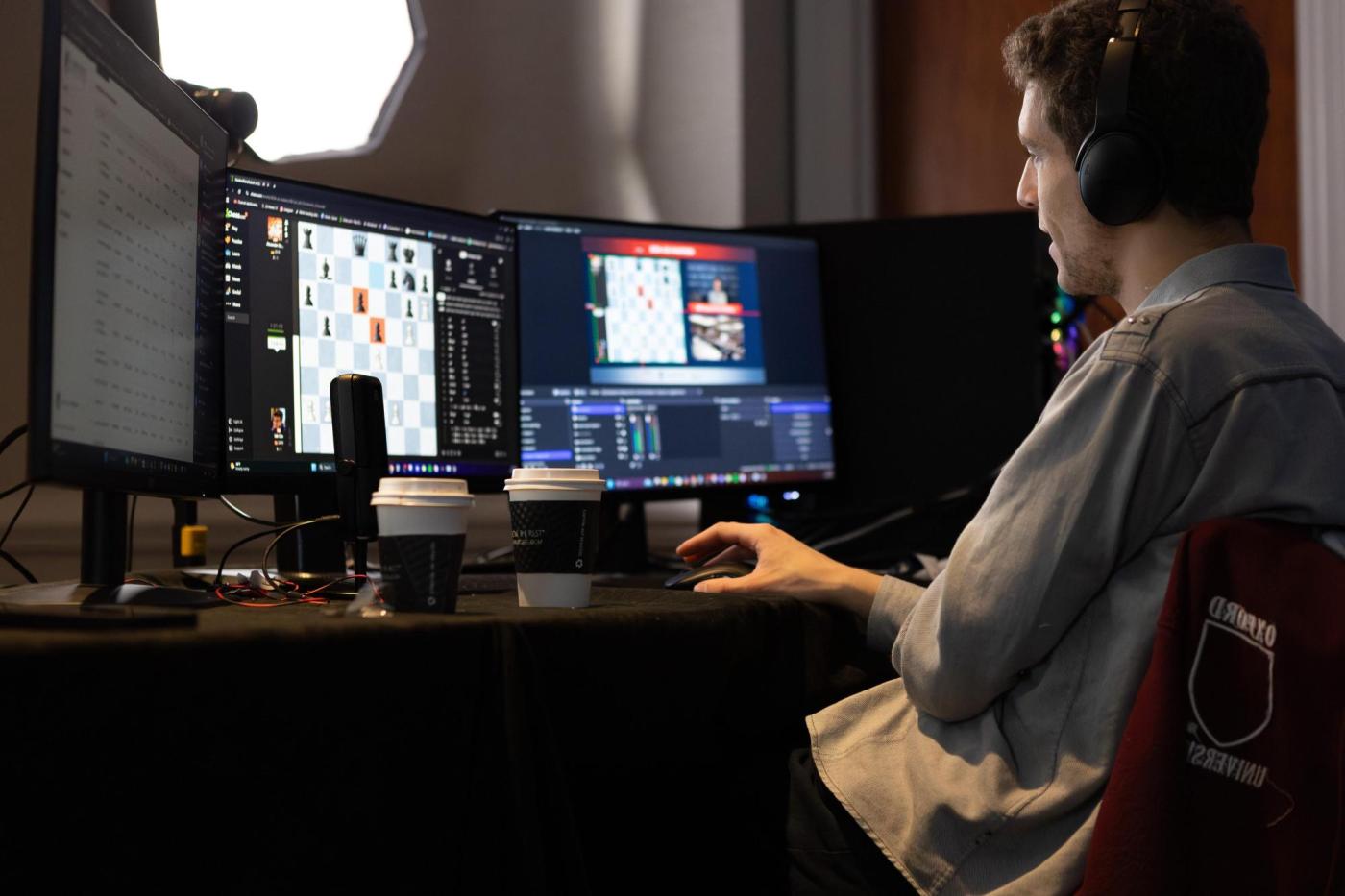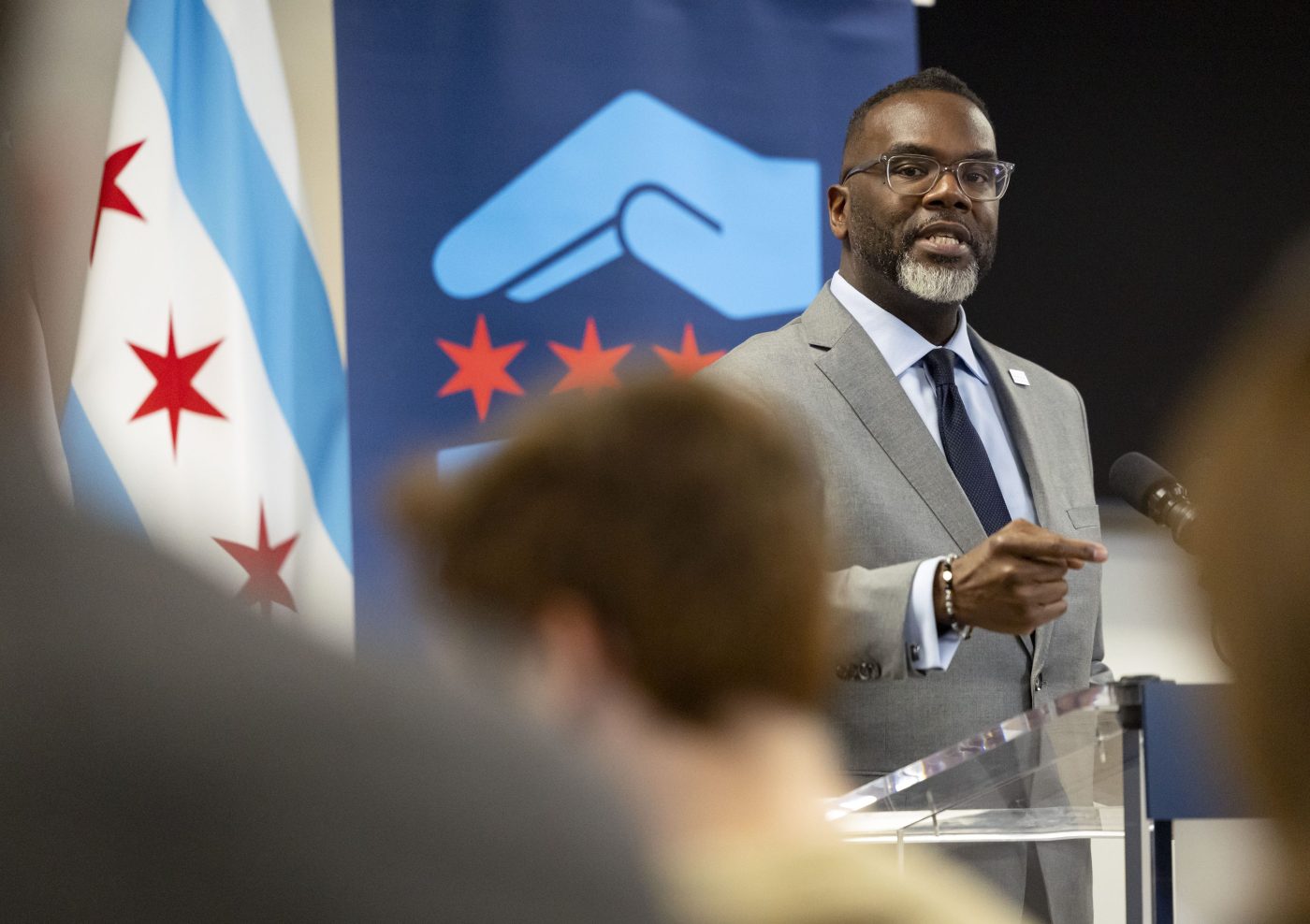Daniel Naroditsky, a standard-bearer in the world of competitive chess who flourished during the COVID-19 pandemic, died Monday at the age of 29. He leaves behind a legacy as one of the greats of the game and a pioneer who helped usher chess into its digital era.
The American grandmaster won several championships and amassed hundreds of thousands of subscribers on YouTube, Twitch, and other platforms, where he livestreamed matches and explained strategy in real time. However, he also struggled with the cyberspace he helped build.
High-speed games became wildly popular online during the pandemic, creating a chess community rife with cheating allegations as players gained access to sophisticated computer programs that could give them unfair advantages. Naroditsky’s untimely death has shined a spotlight on the darker side of the game — a community that fellow pros say brought undue criticism and hostility upon the chess star in his final months. His cause of death has not been released.
### Legacy of Integrity
Naroditsky had been dogged by unsubstantiated cheating claims from Russian grandmaster and former World Chess Champion Vladimir Kramnik, whom Naroditsky had called one of the “heroes” he looked up to as a young player. The California-born pro denied these claims as he excelled at blitz and bullet chess — formats where players have mere minutes to finish intense matches.
He was vocal about how the allegations took a toll on him. “Ever since the Kramnik stuff, I feel like if I start doing well, people assume the worst of intentions,” Naroditsky said Saturday in the last livestream he filmed before his death. “The issue is just the lingering effect of it.”
Reflecting on his legacy, he hoped other top players would trust that he played with integrity.
Grandmasters and other chess pros worldwide have applauded Naroditsky as an honorable ambassador of the game who used his online platform to make chess accessible to everyone. His family stated they hope he will be remembered for the joy and inspiration he brought to people every day.
### A Remarkable Career and Dedication to Teaching
Naroditsky became a grandmaster—the highest title in chess aside from World Chess Champion—at the age of 18. He was consistently ranked in the top 200 worldwide for traditional chess and won the U.S. National Blitz Championship in August.
He dedicated much of his time to training young players in Charlotte, North Carolina. “Daniel was an incredible teacher and explainer of chess concepts and ideas,” said Daniel Weissbarth, co-owner of Silver Knights Chess Academy in Fairfax, Virginia.
Arkady Dvorkovich, president of the International Chess Federation, announced that the organization will establish a prize in memory of Naroditsky and his contributions to the game. Dvorkovich described the young grandmaster as brilliant, kind, and a truly good person.
### The Blame Game
Many pros have recently called for an end to the constant finger-pointing that seemed to follow players like Naroditsky, who thrived in fast-paced play.
Kenneth Regan, a chess international master and computer science professor at the University at Buffalo, noted that opportunities for cheating have exploded as chess has shifted online. While there are policing methods for the online game, Regan said they can be intrusive.
“The rate of cheating online is 100 to 200 times higher than the rate over the board,” Regan explained. “From my point of view, there are five to 10 cases per year over the board.”
The popular internet chess server Chess.com shut down Kramnik’s blog on the site in 2023, citing his use of it to spread baseless cheating allegations against “many dozens of players.” The platform warned of “Kramnik’s escalating attacks” against some of the most respected members of the chess community and promising young talents.
The speedy style of play popular in chess’s digital arena relies somewhat on the honor system. Top talents analyze the board so quickly and move with such precision that cheating allegations have become common. Bullet chess, Regan said, is so fast it’s essentially “playing chess entirely with your gut.”
### Nurturing Young Talent
Just last week, Naroditsky posted a video on his popular Speedrun Chess series on YouTube, telling viewers he was “back, better than ever” after a short “creative break.” His videos — giving tips and discussing strategy — were valuable tools for chess players of all skill levels, according to Benjamin Balas, professor of psychology at North Dakota State.
“He would tell you, ‘This is the kind of mistake you’re going to see at this level,’ and he would make mistakes, too, and talk about how to manage them,” Balas said.
Other grandmasters such as Hikaru Nakamura and five-time World Chess Champion Magnus Carlsen are also using social media to take chess to a wider audience, increasing its global popularity. “People see Daniel or other streamers and they start to play online chess,” said John Hartmann, editor of Chess Life magazine. “The streaming personalities lead people into the chess world.”
Carlsen credited Naroditsky for his work in the streaming space, describing him as universally loved and “such a resource to the chess community.”
—
*Originally published: October 21, 2025, 7:08 PM CDT.*
https://www.twincities.com/2025/10/21/daniel-naroditsky-impact/



